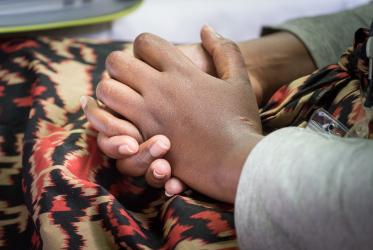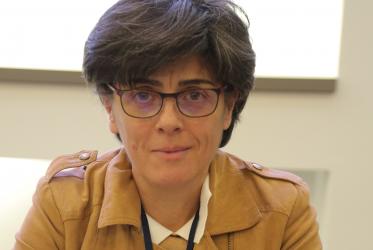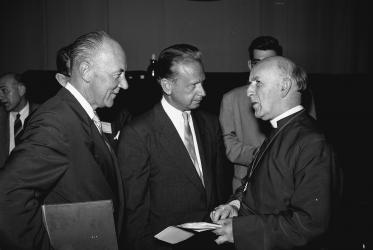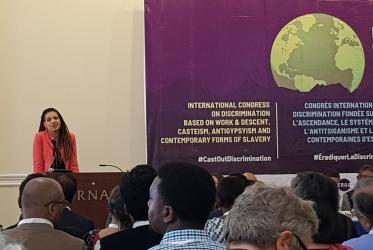Displaying 141 - 160 of 523
08 October 2020
Hope prevails in times of crisis in Lebanon
14 September 2020
South Sudan Church leaders welcome new cabinet
15 March 2020
Freedom of religion rooted in justice
06 March 2020
WCC reiterates standpoints against antisemitism
20 January 2020
When the salt loses its taste
16 December 2019
On International Human Rights Day, WCC’s work is ever-present
10 December 2019
Dialogue explores role of religions in settling conflicts
21 November 2019
WCC well-represented in Religions for Peace leadership
07 October 2019














